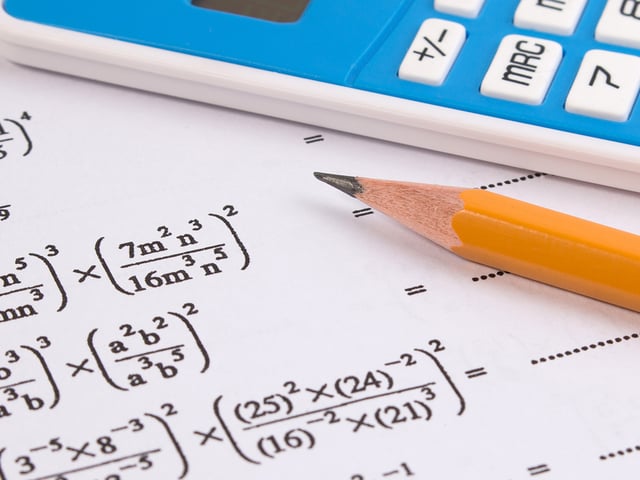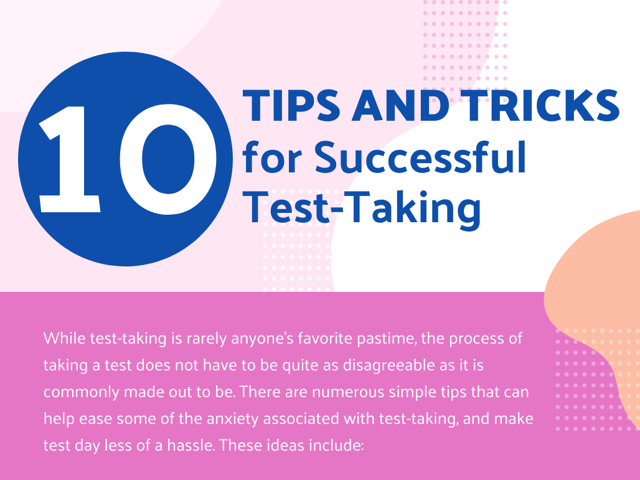
Really Basic Math Help
So, you start to study for an upcoming standardized test and find that, not only can you not answer the practice questions, but you really don’t even know what they’re talking about.
Or you find yourself leaving math homework ’til last, every single night, because it’s just so incredibly hard.
Maybe your family has moved like seven times during your school career, and you seem to always miss instruction in some vital math skills because your new school has already covered them and your old school hadn’t gotten there, yet.
Perhaps, it’s just that math is not one of your strengths and every time the teacher “talks math,” a broad screen just goes up between you and the front of the room (or all you hear is “lalalalala”), blocking any possible chance of understanding all those numbers and signs. (How can you be a good student in English, yet struggle so much in math?)
These are just a few of the very valid reasons people have for not “getting” math, and there are many more. But, whatever the reason, there is help and it’s free. You can access just what you need and move at your own pace. There are clear explanations of math terms and processes, tons of examples, and pictures of things you need to see to understand. Then, when you are ready, you can move on and try to answer some practice questions and flip through some flashcards to review terms. And if this stuff is still hard, you can review some more and try the questions and flashcards again. There’s even a place to ask questions if you don’t think something makes sense or is correct.
Here are the topics we cover:
-
Numbers and Operations: the really often-used math concepts—really basic “how-to” for the four basic operations and other ways to work with numbers
-
Word Problems: how to figure out which numbers and what operations to use to answer this type of question that seems to be on every single math test these days
-
Measurement: how to do all kinds—length, liquid, weight, and so on, as well as how to convert the units used when the answer choices are in different units
-
Geometry: all the info on anything geometric, like area, perimeter, angles, and so on
-
Fractions, Decimals, and Percents: when not everything is actually in whole numbers—you really can handle these
-
Data Analysis and Statistics: making graphs and charts not scary at all by giving you all sorts of visuals to help with understanding
-
Basic Algebra: (whose introduction is coming lower and lower in the school grades) all sorts of info about variables, balancing equations, inequalities, etc.
-
Advanced Basics: takes you a little beyond all the other sections to some of the more complicated concepts, just in case you need those skills
How to find this really basic math review? Just click here: Union Test Prep’s Math Basics Course.
We promise it’s all free and will be there any time you need a refresher or extra help in math. Just scroll down the first page to find out more, then click on any of the links to get started. You can try the questions first to see where you might need help, then hit the study guides. Or, you can read the study guides first, then go for the questions. Whichever way you proceed, it’s bound to give you more both more background math knowledge and confidence in your math abilities. You might even start doing math homework first with such a helpful bookmark to use!
Keep Reading

Union Test Prep Blog
It’s Almost Test Day—What Should I Do?
You’re approaching the day of your test, and it’s time to take care of …

Union Test Prep Blog
What Are Holistic Admissions?
The term “holistic admissions” alternately garners horrified eye rolls …

Union Test Prep Blog
Ten Tips and Tricks for Successful Test-Taking
While test-taking is rarely anyone’s favorite pastime, the process of t…